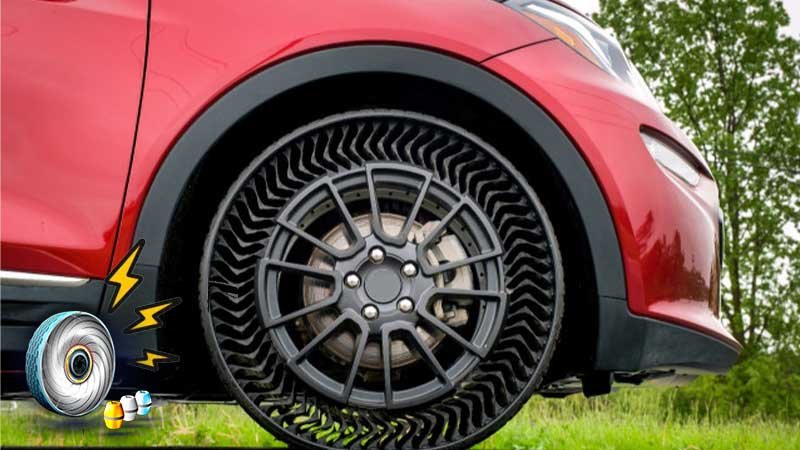7-Step Guide to Getting a Great Deal on a Used Car
Buying a car is undoubtedly a major milestone. However, getting a good deal can be daunting. The reason is that there are numerous factors to look out for when choosing a car that fulfills your needs. The car doesn’t need to be new as some used cars can serve you satisfactorily under specific conditions. As such, we intend to present a seven-step guide to getting a good deal on a used car today. Visit Fountain Forward to know more about deals like this and many more.
1- Financial status
Assess your financial status and determine your budget limit for the car. You should also take the expenses you might incur after buying the car into consideration. If you must take a loan, draw up a plan on how you’d relay it all without getting bankrupt. Examine your income and how having the car fits right in the grand scheme of things. Also, consider miscellaneous expenses such as registration, insurance, and warranty.
2- Price limit
The next thing is to set a price limit for the car you wish to buy. You should do adequate research and consult car dealers or online shops. Ensure that you don’t go for cars with prices at the upper limit of your target.
Besides, you can consider selling your old car and use the money to buy a new one. Before you do that, go to car shops and ask for the best price to sell your car. You can also go online to check the best value for your car at reputable sites. If you can develop the mindset of handling these two transactions separately, that would be better and give you a good result.
3- Research
The first thing here is to do research about the car you wish to buy. Personalize your situation and need and do not go with popular choices. Ensure that you have a budget in mind before this step. Look at the mileage, parts, engine, year, and gear type when doing your research. You can go online and check reputable sites for this. Ensure that you inspect the vehicle thoroughly before making a decision. Take an expert along if you do not know what to check. As soon as you notice major damage or signs of inadequate maintenance in the car during the inspection, move on. You can also request a car history report from the vendor. This will give you a better insight into the car’s history.
4- Get the right dealer
Look at your local dealers for used cars or go online and search according to your desired specification. When you decide on the car you want, go to a dealer for purchase. This is because they usually have standard and secured purchase procedures like inspection, payment, and testing by a professional mechanic. You can also visit individuals that have cars to sell. This is a faster but less secured avenue. If you’re buying from an individual, ensure that you test run the car and ask for a history report.
5- legitimacy
Here, it would be best if you looked for the Vehicle Identification Number. If it’s missing from the car, it’s probably stolen. Move on to the next car. The next thing is to get a report on the car. The report can be gotten online through reputable sites. This will help you know if the car was poorly maintained or has major faults.
The next thing to ascertain the car’s legitimacy is to take a test run. Make it a long one so that you can detect any hidden faults. With this, you’ll be able to assess the comfort level of the car. Also, test the interiors like the CD compartment, AC, and radio. If you can do an official and professional inspection of the car after test running, then you’re good to go. Some dealers do not allow this, but you should try your best.
6- Average Price
Go online and do comprehensive research about the average price of the car before you pay. This will help you immensely during negotiations. Also, do not be too forward. Let the seller start and name the price. You can then work the price down from there. If you do otherwise, you will give the seller unrestricted access to raise the price as he wishes.
7- Show knowledge and finalize
Let the seller be aware that you know the market value of the car. Show that you did a lot of research before coming. This will put you in a comfortable position during negotiation. Also, show that you’re not in a rush and do not hesitate to elongate the negotiation. As soon as you have a deal, review the documents, make the payment, and leave.
Follow Us
Latest Post
















